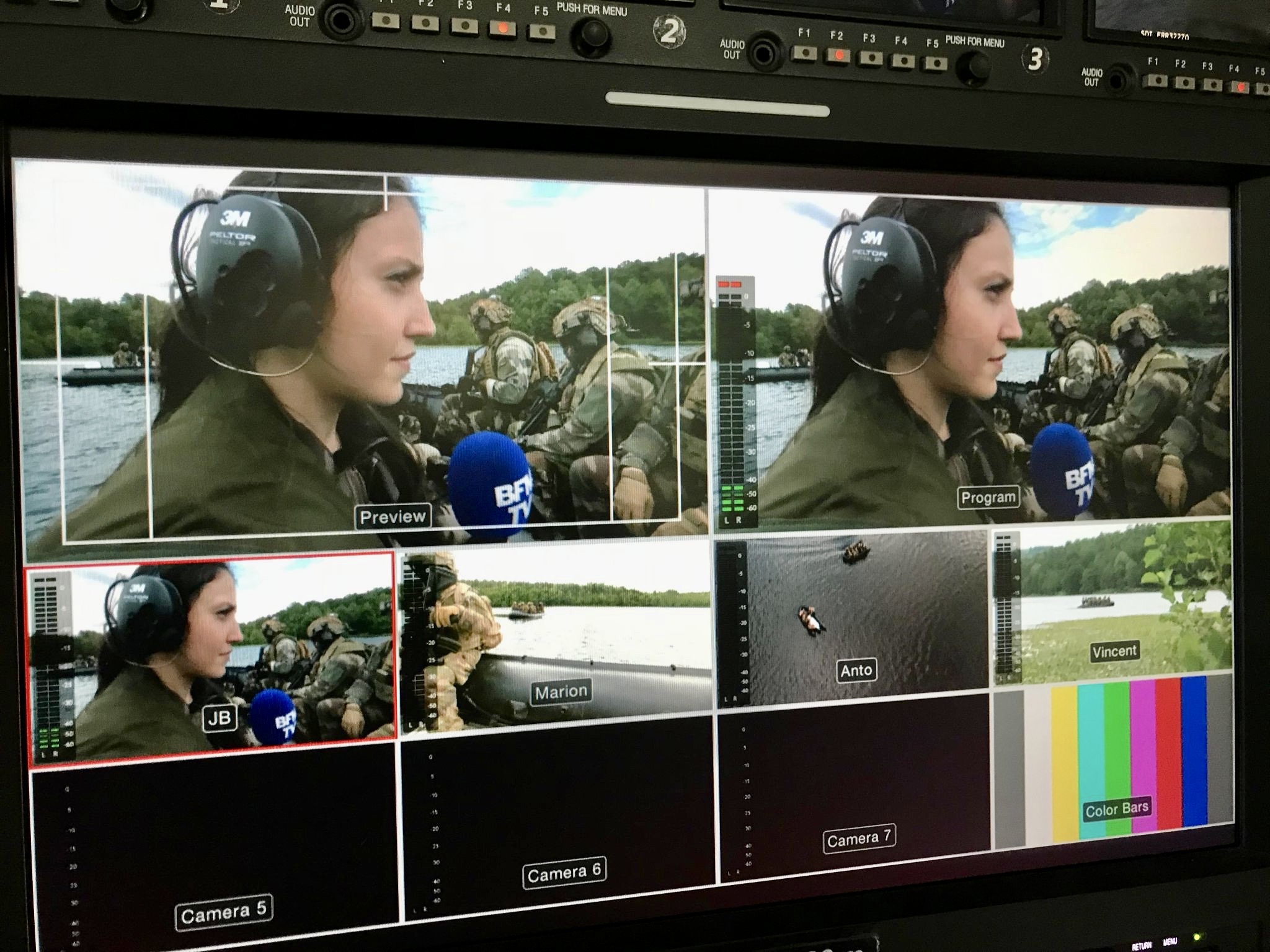1. How can radio terminal located in an explosive atmosphere be used?
In ATEX zones, the risks of explosion are greater than in other places, with these risks being due to the presence of hazardous materials (gas or dust type). It is nevertheless completely possible to use radiocommunication systems, provided that they are ATEX-certified.
ATEX products meet different technical needs and all cannot be used in the same places. Each ATEX product is specially associated for use in a specific zone, a level of heating and a level of flammability.
This information therefore makes it possible to know what level of certification your walkie talkies must have regarding the use you wish to make of them, such as: on an oil platform with the presence of gas, on an area with chemical silos, during a CBRN (Nuclear, Radiological, Biological, Chemical) intervention, etc.
ATEX products are therefore known first and foremost by their deployment zone:
- Zone 0 (or 20) = Devices designed for use in this zone provide a very high level of protection and are intended for an environment where an explosive atmosphere is constantly present, or for a long time. Example: inside a gas tank.
- Zone 1 (or 21) = Products are designed to provide a high level of protection in an environment where explosive atmospheres will occur frequently. Example: in the vicinity of a gas tank, inside a grain silo
- Zone 2 (or 22) = the devices provide a normal level of protection with a low probability of an explosive atmosphere and for a short time.
In the latter category, the products are neither controlled nor certified by a notified agency, unlike the previous two where the requirement levels are much higher, as are the risks.
A notified agency is a controlled body alone authorised to issue recognised certifications: there are only 2 such laboratories in France that are able to issue this type of certification.
ATEX products also meet heating levels: the temperature class characterises the explosive atmosphere in which a product may be used (it consists of 6 categories)
Third characteristic: the possible flammability of the product. It is characterised by the maximum amount of energy needed to cause an explosion (3 levels).
2. From a design point of view, what are the specificities of an ATEX labelled product?
When designing an ATEX product, the first step is to regulate the amount of energy in the product. The energy may come from various elements that will have to be protected.
In the case of Vokkero communication terminals, it can come from the lithium-ion cell which must be preserved by a specific protection circuit and dedicated to ATEX; this requires a total customization of the battery.
It may come from the stack, capacitors and inductances (electronic components); these are elements that can store energy in chemical form, in the form of voltage or in the form of current, respectively.
Other important elements to consider when developing an ATEX product: product inputs/outputs. The headset considered must also be ATEX certified and meet the specific safety parameters of the radio terminal. Otherwise, it is necessary to carry out a specific development to make the accessory compatible and submit a new certification request to a certified laboratory.
3. What are the risks incurred when using a non-ATEX product in a hazardous area?
The risks are therefore the product releasing a sufficient amount of energy (in the form of heat or a spark) that could cause a very serious explosion due to the ignition of gas or a cloud of dust.
Products suitable for zones 0 or 1 are products certified by notified laboratories, which verify that they meet all ATEX requirements (product design, expected specific quality level and administrative follow-up). These certifications are therefore the assurance of taking into account the risks inherent to these dangerous zones.



